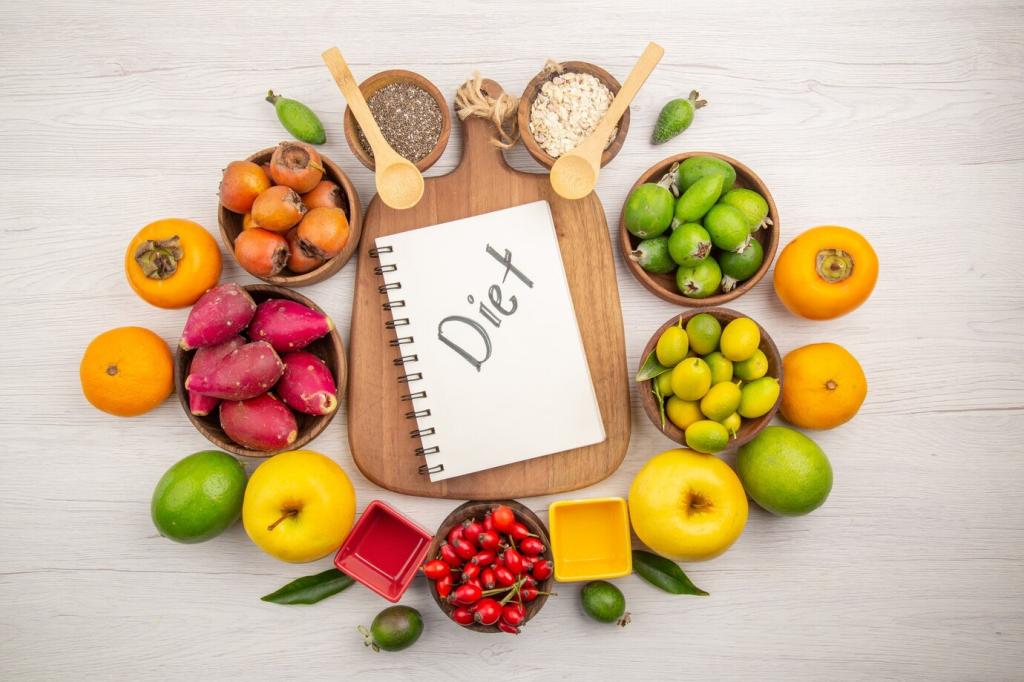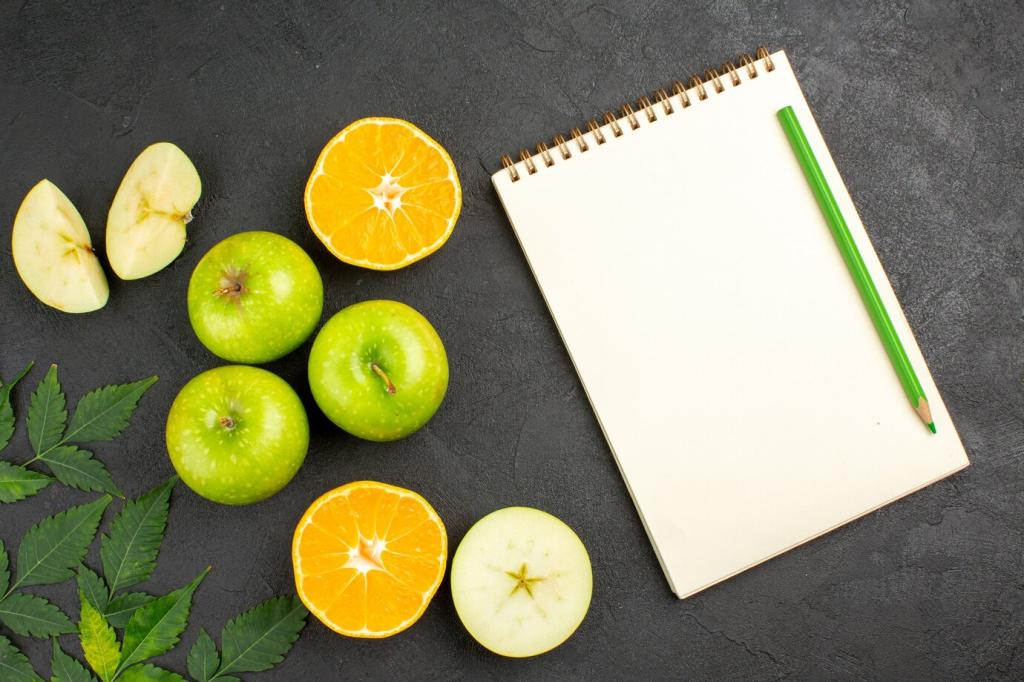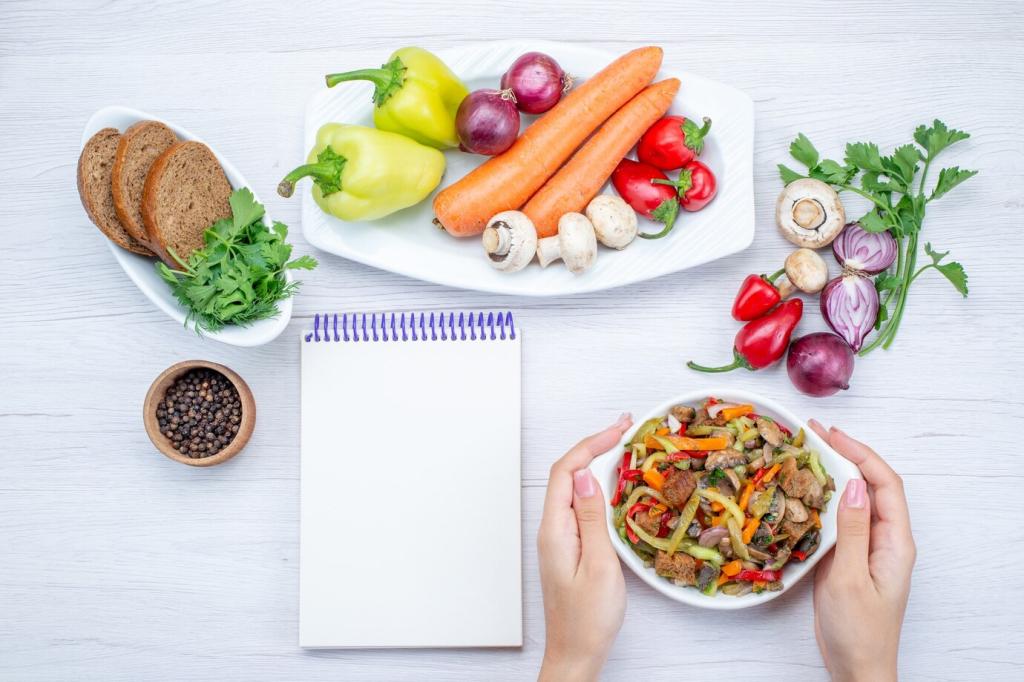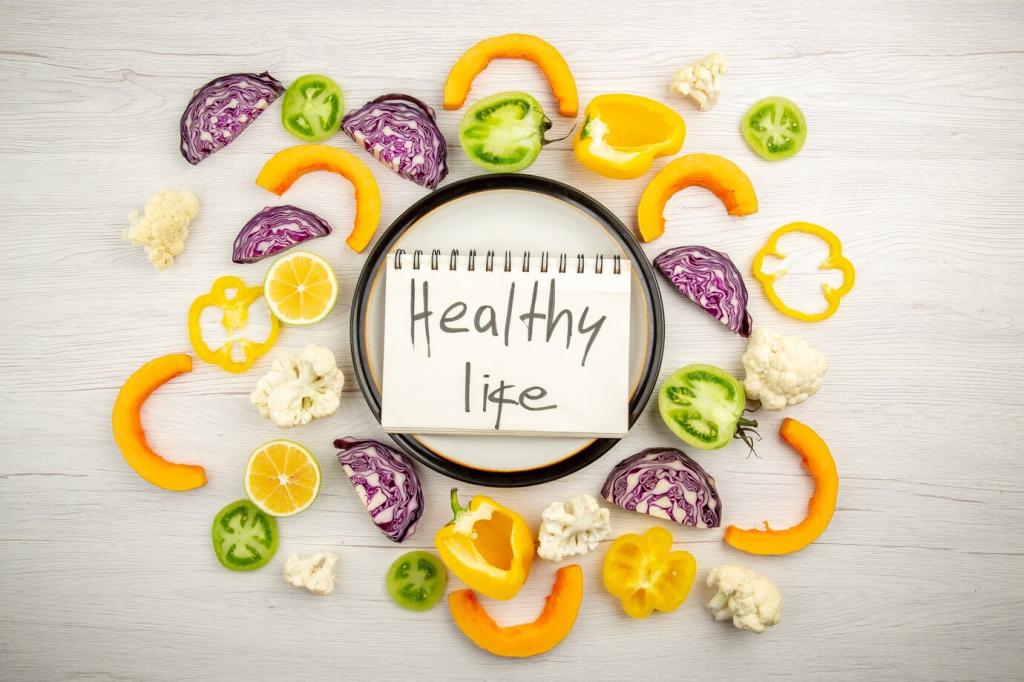Fueling to Stay Resilient: Macro Basics That Protect Your Body
Distribute lean protein across the day to support muscle, tendon, and ligament integrity—think 20–40 grams every 3–4 hours from yogurt, eggs, pulses, fish, or tofu. Leucine-rich choices help trigger repair, while occasional collagen can complement tendon care. What’s your favorite portable protein snack?
Fueling to Stay Resilient: Macro Basics That Protect Your Body
Adequate carbohydrates maintain glycogen, preserving movement quality late in sessions when sloppy mechanics increase injury risk. Base meals around oats, rice, potatoes, fruit, and whole grains; time extra carbs pre and post hard work. Share your reliable pre-run carb combo that keeps your stride smooth.






